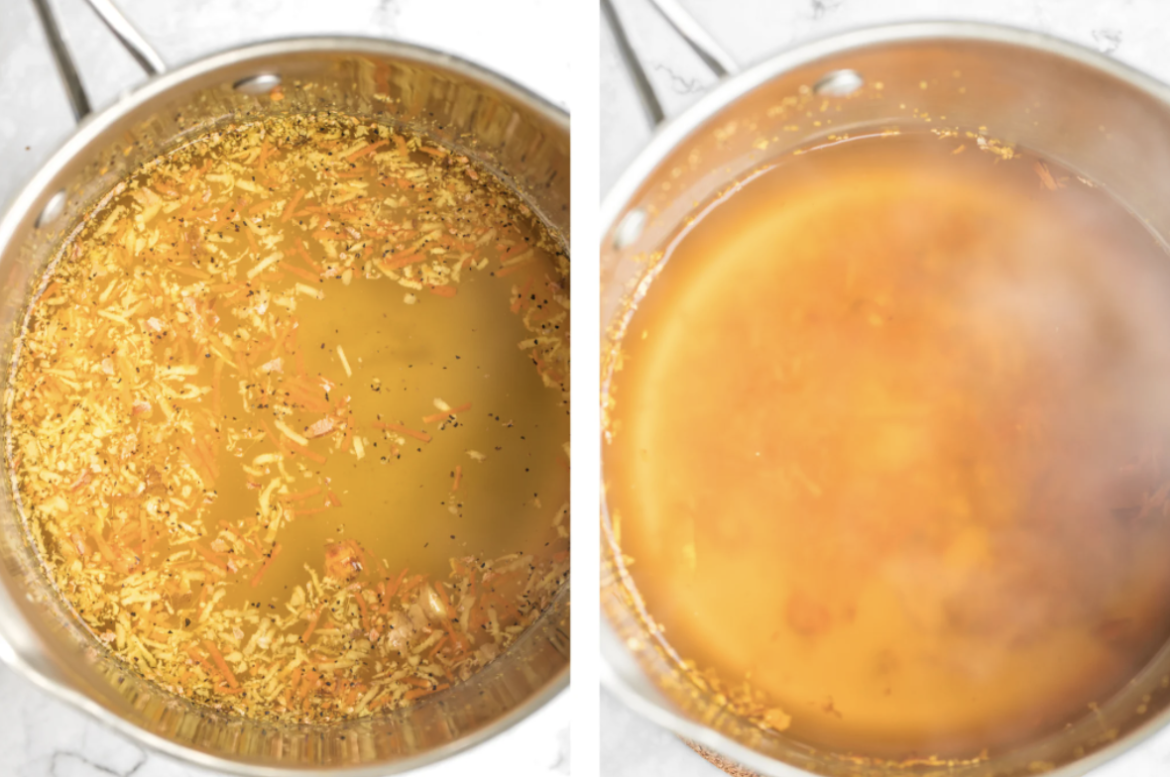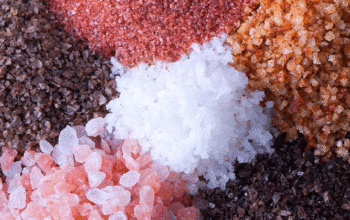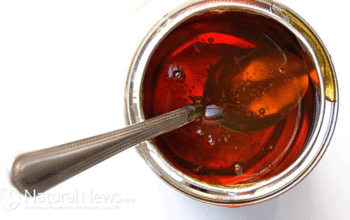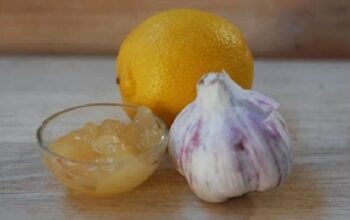Understanding the Power of Natural Food Combinations in Blood Pressure Regulation
High blood pressure affects nearly one in five adults worldwide, making it a critical health concern that demands attention. Fortunately, nature provides us with powerful dietary tools to help manage and regulate blood pressure effectively. By understanding how specific food combinations can positively impact cardiovascular health, individuals can take proactive steps towards better wellness.
The Science Behind Blood Pressure and Nutrition
Blood pressure is measured through two key numbers: systolic and diastolic pressures. When these readings consistently remain high, they increase the risk of serious health complications like cardiovascular disease, stroke, and kidney problems. Diet plays a crucial role in managing these risks, with certain nutrients demonstrating remarkable potential in blood pressure regulation.
The DASH Diet: A Nutritional Approach to Hypertension Management
The Dietary Approaches to Stop Hypertension (DASH) diet has emerged as a gold standard in blood pressure management. Research indicates that following this diet can reduce systolic blood pressure by approximately 3.2 mm Hg and diastolic pressure by 2.5 mm Hg. Key components of the DASH diet include:
- Emphasizing fruits and vegetables
- Consuming whole grains
- Incorporating lean proteins
- Limiting sodium intake
- Choosing low-fat dairy products
Powerful Food Combinations for Blood Pressure Control
Several natural food combinations can help regulate blood pressure effectively:
1. Potassium-Rich Foods
Potassium helps counteract sodium’s negative effects and supports healthy blood pressure. Excellent sources include:
- Bananas
- Spinach and other leafy greens
- Sweet potatoes
- Avocados
2. Omega-3 Fatty Acids and Antioxidants
These nutrients work together to reduce inflammation and support cardiovascular health. Consider combining:
- Fatty fish like salmon
- Blueberries and other dark berries
- Walnuts
3. Fiber-Rich Foods
High-fiber foods help regulate blood pressure and improve overall heart health. Great options include:
- Whole grains
- Legumes
- Chia seeds
- Oatmeal
Practical Tips for Implementing Dietary Changes
Transitioning to a blood pressure-friendly diet doesn’t have to be complicated. Consider these strategies:
- Gradually reduce sodium intake
- Experiment with herbs and spices instead of salt
- Plan meals in advance
- Read nutrition labels carefully
- Stay hydrated with water and herbal teas
Beyond Diet: A Holistic Approach
While nutrition is crucial, managing blood pressure requires a comprehensive approach. Regular exercise, stress management, and consistent monitoring are equally important. Aim for at least 150 minutes of moderate-intensity exercise per week and practice stress-reduction techniques like meditation or deep breathing.
Monitoring Your Progress
Consistent blood pressure monitoring helps track the effectiveness of dietary changes. Consider investing in a home blood pressure monitor and maintaining a log. Most healthcare professionals recommend checking your blood pressure weekly when implementing significant lifestyle modifications.
Final Thoughts
Managing blood pressure through natural food combinations is an empowering strategy that offers numerous health benefits. By making informed dietary choices and adopting a holistic lifestyle approach, individuals can take significant steps towards improved cardiovascular health and overall well-being.
Remember, while these recommendations are beneficial, it’s always advisable to consult with a healthcare professional before making substantial changes to your diet or lifestyle, especially if you have existing health conditions.





